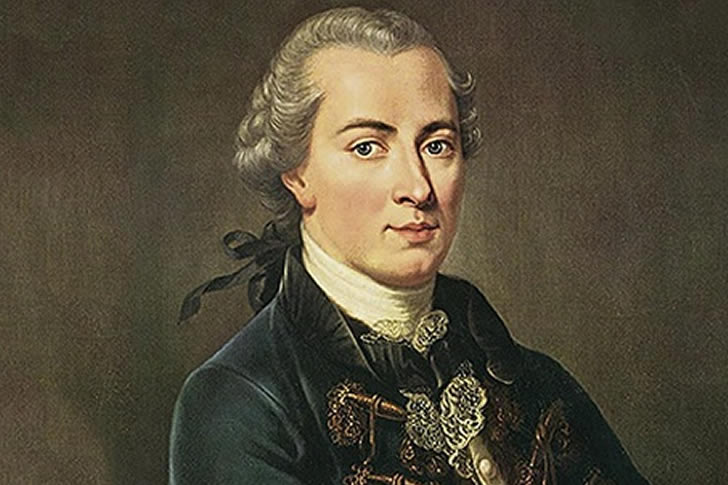Immanuel Kant’s Perfectly Timed Walks

German philosopher Immanuel Kant was so precise in his daily walk through Königsberg that townspeople set their clocks by him. Every afternoon at exactly 3:30, Kant would pause his writing, grab his cane, and stroll the same route—never varying the time, pace, or destination.
Only twice in his life did he skip a walk—one being when he was engrossed in Rousseau’s Émile. For Kant, these routines weren’t quirks but moral necessities. He believed predictability bred virtue, and habit was the architecture of ethics. While most of us dread ruts, Kant turned them into a philosophy.
Advertisements
Advertisements
Advertisements












